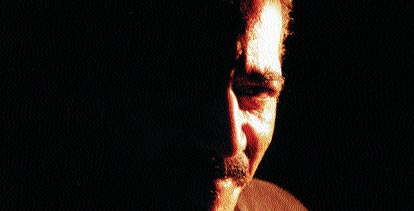|
Hey, it’s time to actually talk about Milton. I mean for years, for most of my life, I thought that Milton’s music was either too clear and moving to need talk about it, or too elegant to deserve talk about it, but, man, there’s stuff there that’s either too subtle or too obvious for people to miss, but no one’s mentioned it... Maybe it’s too many layers of complexity, pride, skill, shadows...
Check out that one of the master drummers of New York Latin music, maybe the master studio congero, doesn’t actually touch the drums on his only solo record before this (“Bembe”), but that he plays drums eloquently, deeply, through his congregation, the way the Deities play the rhythm through Milton. It’s so clear, it’s so moving, no one’s mentioned it...
Check out that although he’s among the deepest conga soloists in the music, nobody can hold the tumbao, nobody can command the tumbao, the ride, the pace, the musical form, the song’s breath, like Milton. And so, that becomes his main function in the music. Ever notice how, during a performance, a recording, MUSIC, if anyone looses the pulse, they look to Milton for the answer? ‘Cause he carries the way: in his wrists, in his palm, in his glance. But it’s more than that, you know it... Guys who only solo come and go, and sometimes get their name at the top, some playing tricks taught to them directly by Milton. But Milton’s role is more fundamental, closer to the heart of it. The music owes more to his pulse than to the moment’s soloist’s tricks. In a lot of ways, the whole music is in a large part his solo. Right?
- Kip Hanrahan (from the liner notes to Cambucha)
Virginia, 2/99
|
|
